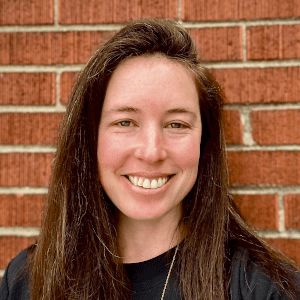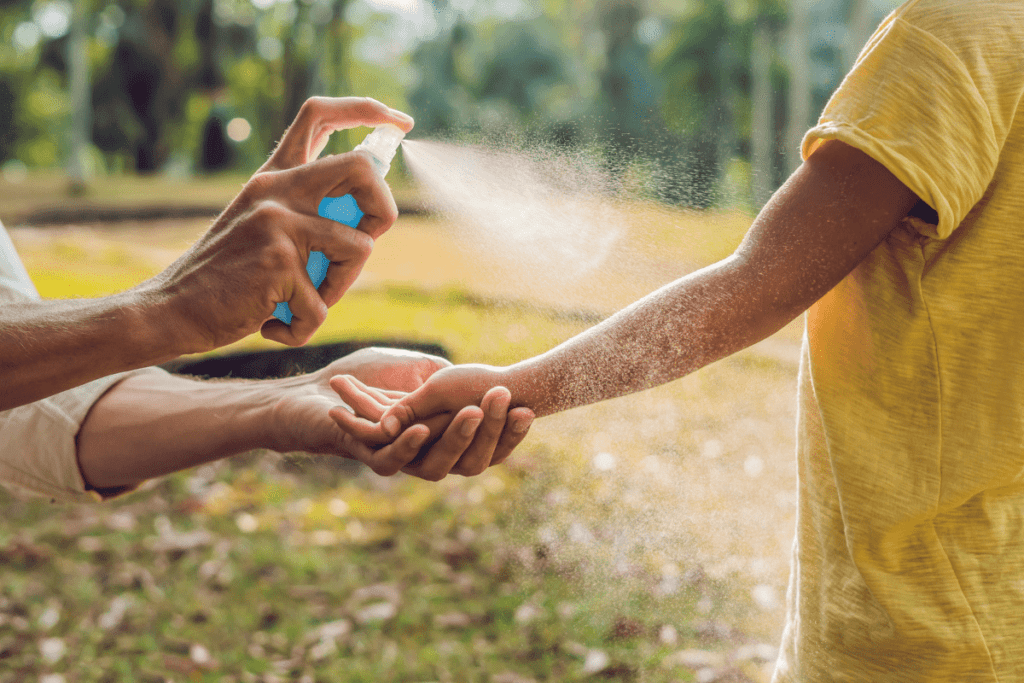This blog is co-authored by Milena Gioia, Popular Education and Advocacy Coordinator at Breast Cancer Action Quebec and Dr. Sharon Dodd, a family physician practicing in B.C., and a member of CAPE BC, with expertise in plastics and health risks.
Breast Cancer Awareness Month wrapped up last month, but awareness alone won’t end breast cancer. We need to stop cancer before it starts.
Physicians and their patients might assume that the government protects us from toxic substances linked to cancer. But companies and governments aren’t doing enough to address known or suspected breast carcinogens and, as a result, are contributing to the ongoing breast cancer epidemic.
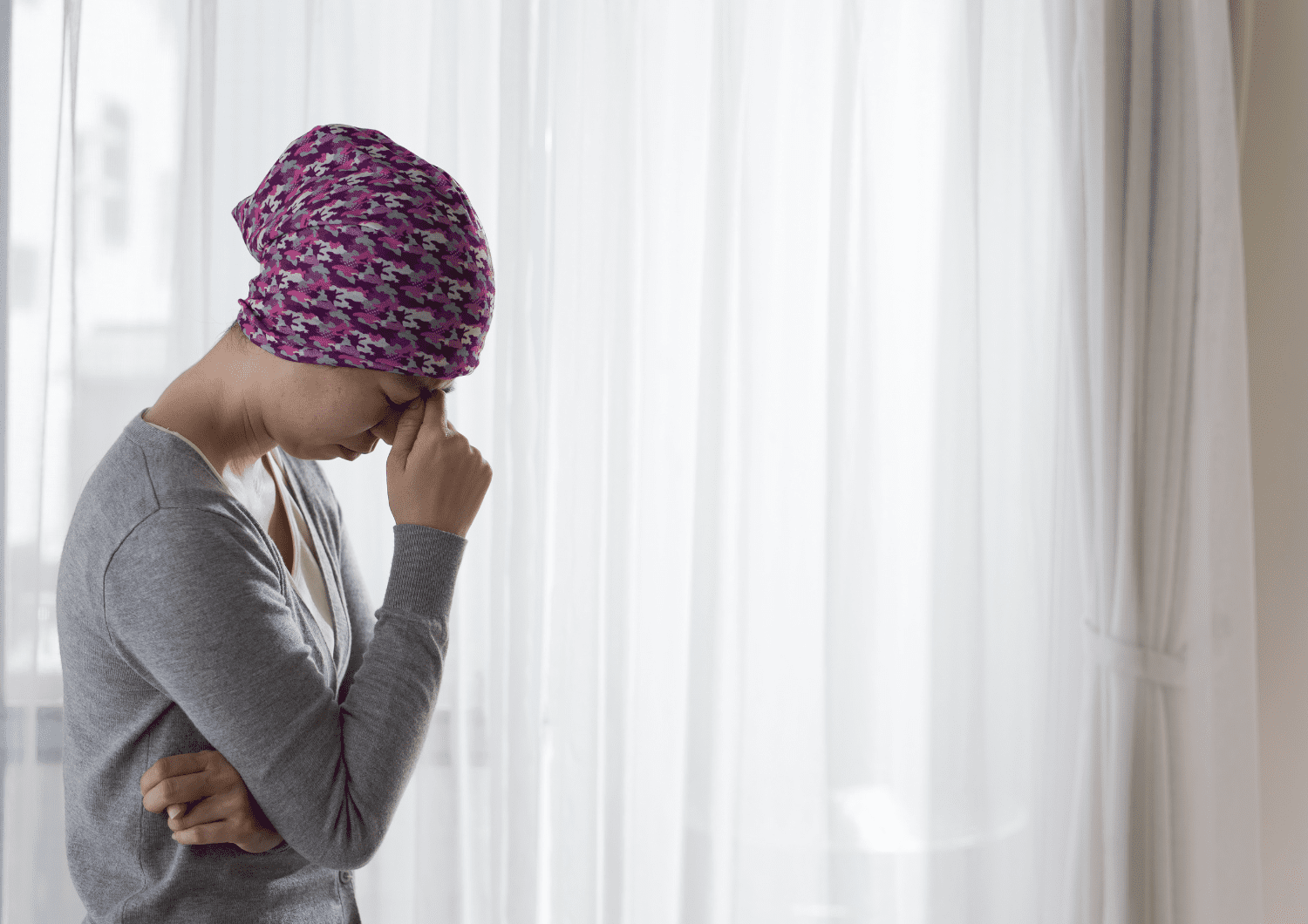
Business branding in recent decades has seen companies pinkwash their products by adding a pink ribbon to their logo to show their support to those facing the crushing impacts of breast cancer. But some of these same companies use cancer-causing, mutagenic, and hormone-disrupting chemicals in their products and packaging. They seem to disregard the links between hazardous ingredients, breast cancer, and other devastating health harms. For example, the toxic relationship between plastics and breast cancer.
Just last month, researchers identified hundreds of chemicals in food packaging and plastic that are absorbed into our bodies, and linked to breast cancer. Add to this flame retardants found in plastic cooking utensils and our latest research on toxic phthalates and heavy metals in plastic children’s products, and we see the serious health hazards of the plastics chemical soup we’re swimming in.
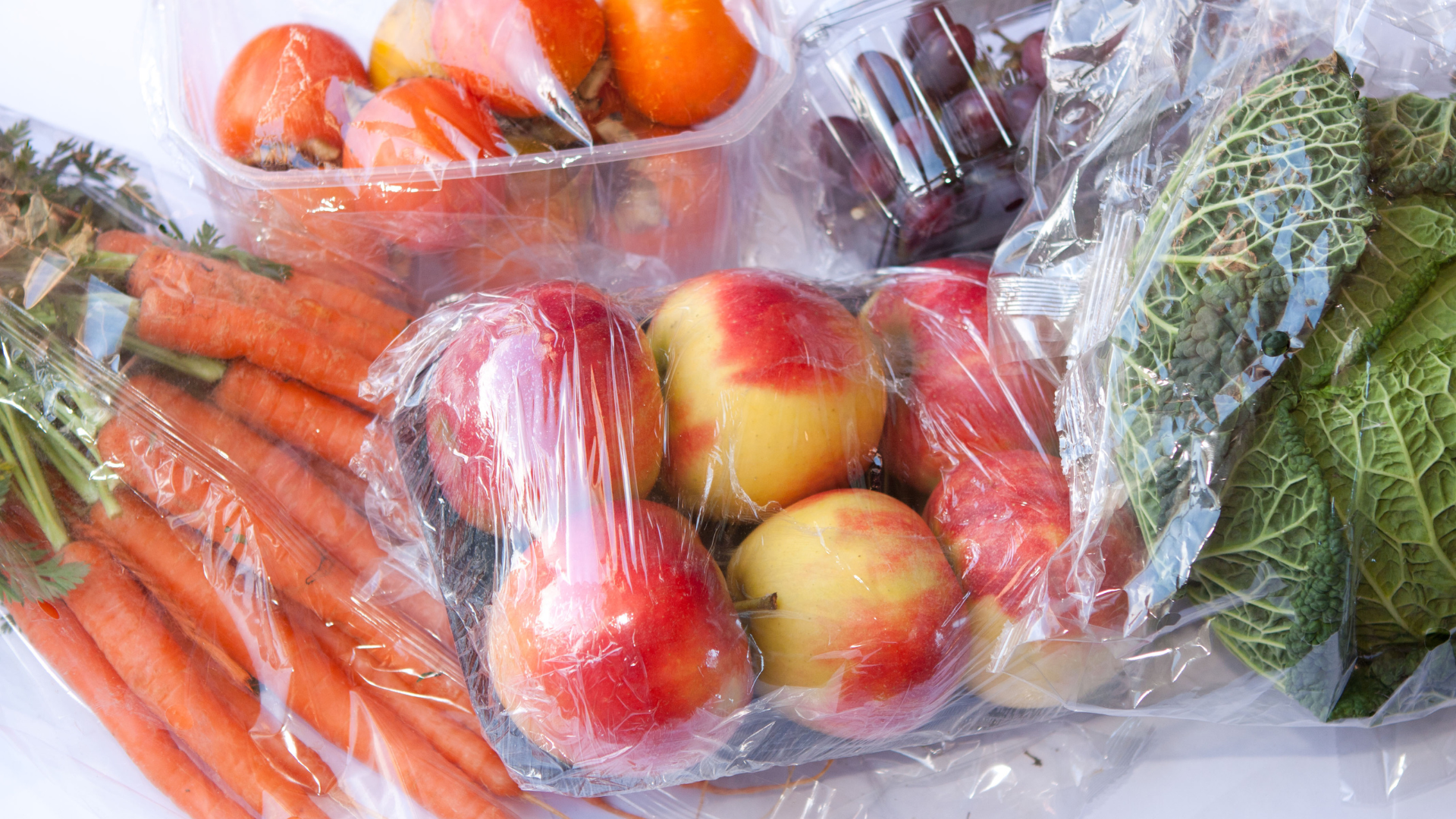
In Canada, 1 in 8 women are expected to develop breast cancer during their lifetime, and 1 in 34 will die of it.
Black, Indigenous and other racialized people are experiencing more aggressive forms of breast cancer, diagnoses at earlier ages, and cancers that are more resistant to treatments. These disproportionate impacts highlight how a toxic system of dirty products and environments burden some of us far more than others, and that producers of toxic plastic are either indifferent or complicit in these harms. These practices perpetuate environmental injustice.
If companies really want to stand in solidarity with the people who are impacted by breast cancer, they need to clean up their act. And when they don’t, we should make them. Our government can drive that change by setting stronger rules here and around the world for the products that touch our food and bodies, and impact our environment.
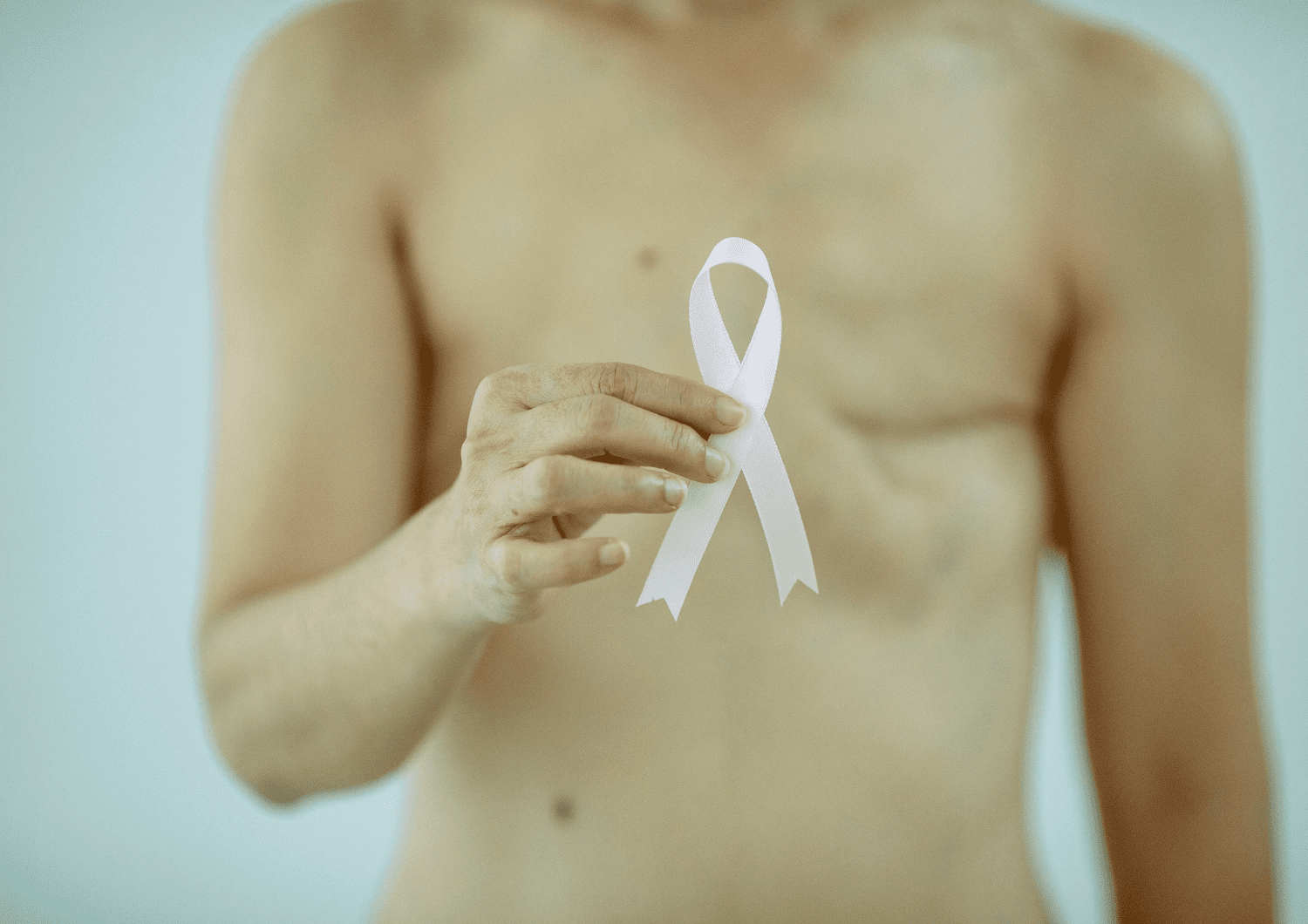
When Canada’s representatives head to the Global Plastics Treaty negotiations next month, plastics companies and their lobbyists will do their best to delay the process, and deny the harms of their products. But we cannot let them triumph over the world’s urgent need to end the cancer-causing and polluting plastics era. Getting toxic chemicals out of plastic products needs to be a top priority in order to protect our health.
But Canada doesn’t have to wait for a treaty to act. It can regulate these toxic plastic products off the shelves, and expedite the research and rule-making needed to deal with this crisis in a comprehensive way. We need a strong Global Plastics Treaty, and an even stronger regulatory approach to protect us all from cancer-causing chemicals. If we can achieve that, we will be one step closer to preventing breast cancer before it starts.




